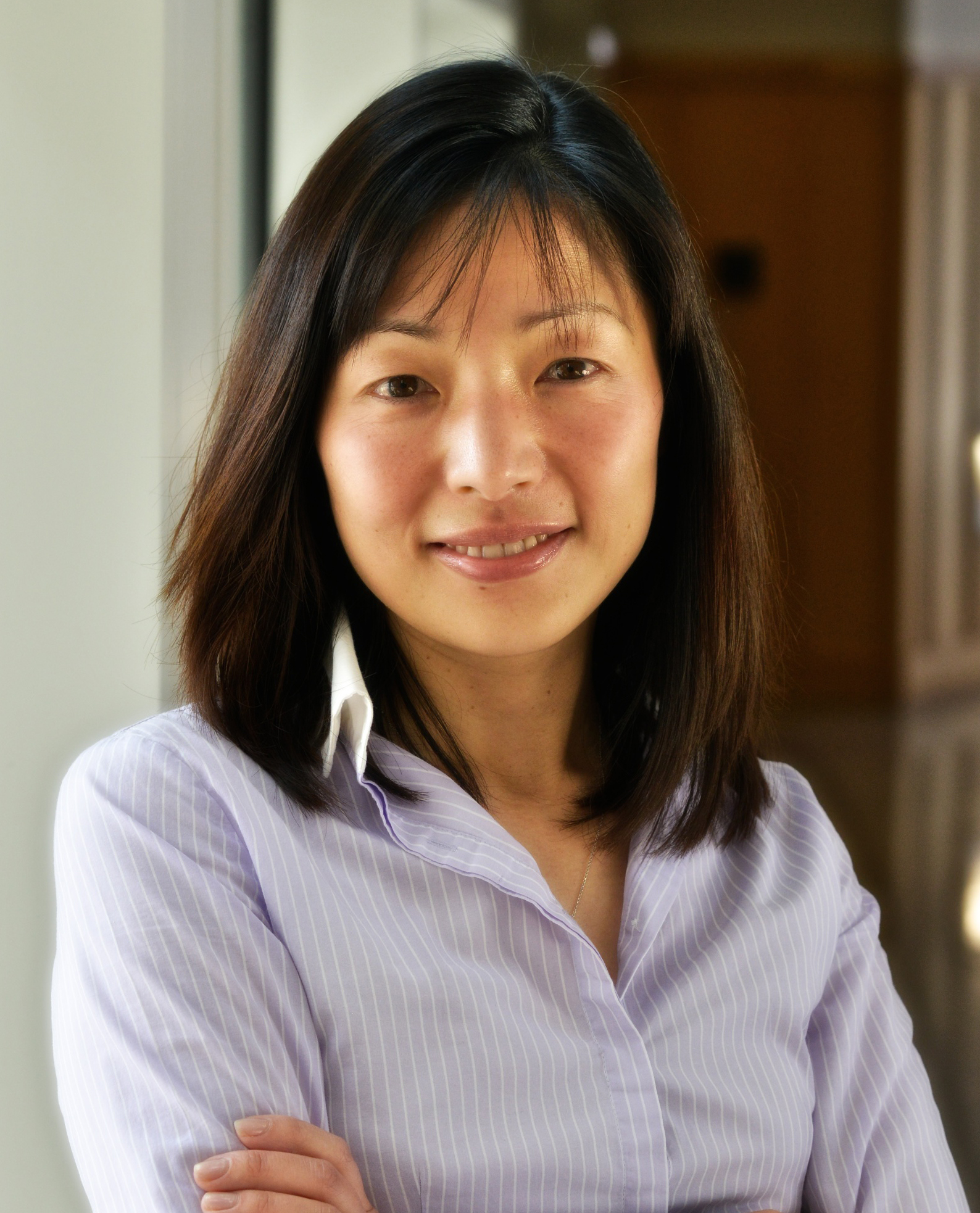Yale School of Medicine is launching a Center for Infection & Immunity under the leadership of Akiko Iwasaki, PhD, Sterling Professor of Immunobiology and of Molecular, Cellular & Developmental Biology, professor of epidemiology and of dermatology, and Howard Hughes Medical Institute Investigator.

The center will have an ambitious goal: to produce better diagnoses, treatments, and ultimately cures for these diseases. It will also work toward vaccine development, based on Iwasaki’s pioneering work showing that vaccines directed toward the mucosa might provide better protection than systemic vaccination.
“I am very excited to lead the Center for Infection and Immunity,” Iwasaki says. “This center will catalyze collaborations and partnerships between people from diverse backgrounds to learn more about how various infections cause distinct disease outcomes and how we might prevent, diagnose, and treat such diseases better.”
Iwasaki plans to form a collaborative network of investigators who are already working together at Yale; recruit a diverse group of junior scientists from within and outside of Yale; establish biorepositories for longitudinal patient samples; take advantage of other advanced resources and tools in the areas of immunology, virology, microbiology, genetics, and computation; and integrate clinical, interventional, and epidemiological approaches.
As part of her mission to create a culture of open science and collaboration that is integral to the work the center will do, Iwasaki is emphasizing the participation of scientists who are underrepresented in research and academia. She also plans to involve patients as equal partners in the center’s quest to understand infectious diseases.